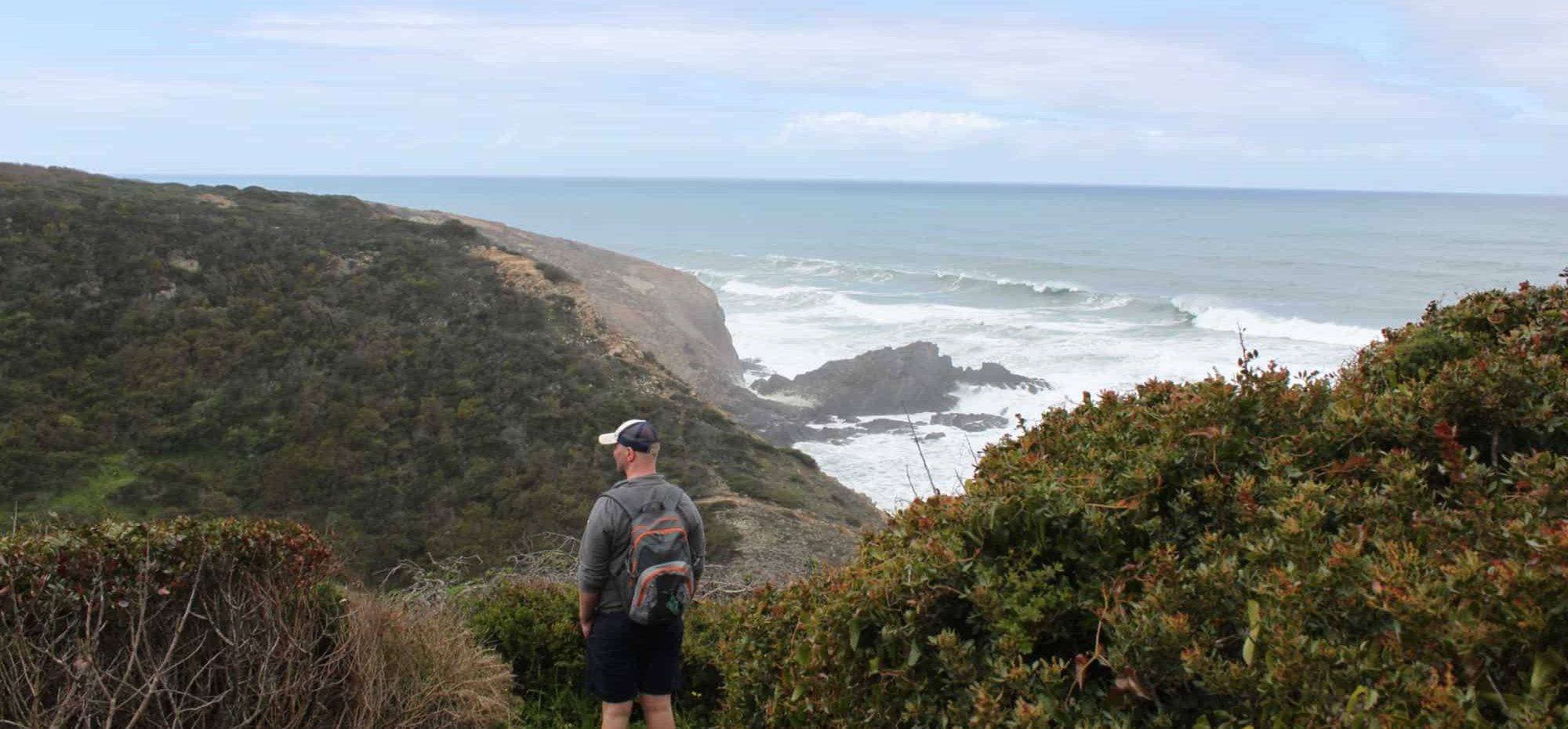“I took a walk in the woods and came out taller than the trees” – Henry David Thoreau
Have you come back from a day outdoors, in nature, feeling like it’s done you good? It probably won’t come as a surprise to find you’re not the only one. If you’re feeling run down, in need of a good night’s sleep, or seeking a space in which to clear you head – immersion in nature can be one of the most simple and effective fixes.
The news that doctors in Shetland are prescribing time spent out in nature to help alleviate the symptoms of chronic illnesses speaks to something many of us instinctively feel: that time spent reconnecting with nature can make us feel happier and healthier.
Recent studies and trials are showing that the benefits of time spent out in nature is more than just intuition. Caoimhe Twohig-Bennett, from the university of East Anglia was part of an systematic review into over 140 studies, involving more than 290 million people to see whether nature does have an impact on health. She concluded that: “Spending time in nature certainly makes us feel healthier, but until now the impact on our long-term well-being hasn’t been fully understood”.
And we don’t necessarily need a huge amount of exposure to see benefits either. Evidence shows that even short exposure to nature can make a difference, such as the research conducted in the US that detailed how hospital patients with views of trees from their window were on average discharged a day earlier than those whose rooms were facing walls.
A greater level of connectivity benefits both nature and people. As more of us get out and explore the great outdoors, the need to protect natural space grows in support as we’re able to associate the wider goals of conservation with the value we place on the natural spaces we use. It can be a reciprocal relationship, where we want to give back and preserve what makes these places special to us.
Do you feel cooped up and restless when you’ve been inside, sat in front of a screen all day? Getting outside does more than just clear away the cobwebs, exposure to vitamin D producing sunlight affects us in many positive ways, which may go some way to explaining why being stuck indoors can affect our mental well-being. Vitamin D supplements are available, however sunlight is often thought to be the best source.
Getting up and moving in the morning sun can also help regulate your BMI, according to a study conducted at Northwestern University. The report suggests that Circadian Rhythms (your body’s natural 24-hour cycle, which influences sleeping patterns) and cortisol levels are directly affected by exercise, particularly during a morning spent outdoors.
Throughout history, our ancestors spent a significant amount of time outdoors in our natural environment. It’s only through recent urbanisation and advances in indoor entertainment that has accelerated our disconnection from nature. Californian MD Nooshin Razani recommends that everyone should spend at least one hour outside, three times a week. “You should step out of doors, and you should put away your electronics and look up and find what’s alive,” she said. “Whether it’s the sky or ants on the ground or your child. Just take some time to be with things that are living.”
Back in Shetland, all of the public surgeries on the island now offer leaflets and calendars detailing walks and activities to help the islanders escape the indoors. Whether it’s a stroll along the beach, a long-distance walk or even a bit spot of gardening – research has shown that getting outside in nature can have a positive impact on your health and well-being.


